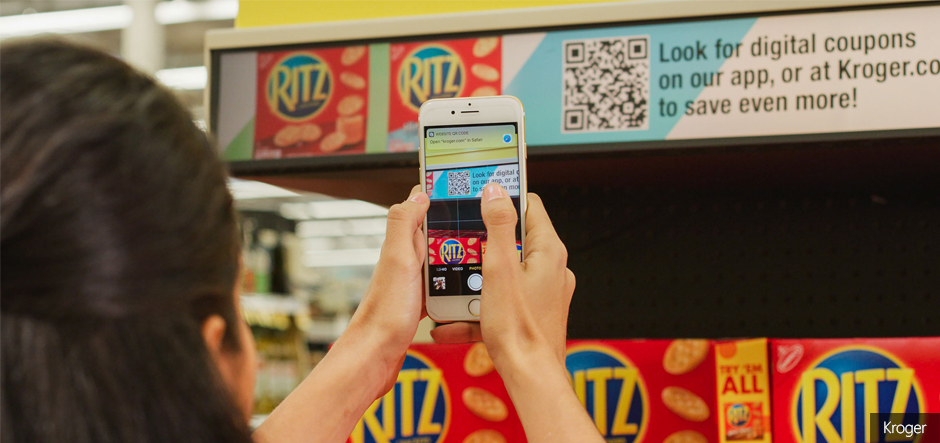Brand Marketing in the digital age has been an awkward paradox: you must win the trust and preference of consumers but activate behind a curtain of third-party cookies.
To make matters worse, accountability has become lopsided. Brand teams are accountable for preference, consideration, trial, household penetration, customer loyalty, and sales lift (to name a few). Meanwhile, the media publishers financed by those brands are accountable only to impressions and clicks.
Clearly, something needs to change.
This week, the Interactive Advertising Bureau (IAB) released a report saying, “We are about to reset the very foundation of the advertising-supported internet.”
Kroger Precision Marketing (KPM) was one of the 20+ organizations interviewed for the report, and we fully support the IAB’s vision of a new model for the digital ad ecosystem. Google’s recent statement that they will not build or support any alternate identifiers to replace third-party cookies adds urgency to this vision.
How brands succeed in the new landscape
Retailers weren’t always known for digital innovation. However, the fundamentals of success in retailing have positioned retail media at the forefront of consumer-centric and outcome-based digital marketing. Here are three ways brands can succeed in the new advertising landscape by following the lead of retail media:
- Earn consumer’s trust.
Many brands have pivoted to prioritize direct consumer relationships, but the IAB says 36% of consumers are less comfortable sharing their information now than they were a year ago. Brands need to overcome the trust-gap. People expect a high value in exchange for the ability to contact them.
Retailers with established loyalty programs have invested years creating a transparent and trusted value-exchange: the more you shop, the more (and more relevant) rewards you earn. Brands can leverage the retailer’s relationship when they use retail media to deliver value to consumers.
Protecting consumer trust through the highest standards of data privacy is paramount. The future of digital marketing will be built on earned trust.
- Create useful experiences.
Nobody needs more advertising. Instead, people need help getting dinner on the table, discovering healthy snacks, looking-up recipes, finding savings, and ways to shop easier and faster. The next generation of ad-supported media should be anchored in relevance and utility.
Retailers like Kroger have long been in the business of connecting brand inspiration to commerce through shopping experiences. Brands use retail media to help consumers discover products during the moments that matter. The future of the digital ad ecosystem should be less about interrupting consumers – and more about delighting them.
- Build new bridges.
In this cookie-less media landscape, it will be hard for any single publisher or platform to deliver against everything a brand needs to accomplish. Brands need media partners to work together to create a more relevant and shoppable experience across sites.
At Kroger Precision Marketing, we’ve built bridges with publishers who also have a logged-in user experience like Roku and Pandora. Together, we close the loop between media exposure and omnichannel sales to hold ourselves accountable to a higher degree of media performance than merely impressions and clicks.
As the IAB warned, the digital advertising ecosystem is at an inflection point. The industry needs to move away from outdated models that mismanage the trust of consumers. The consumer-centric approach of retail media is setting the new standard for the rest of the media industry.

Guest contributor, Cara Pratt is Senior Vice President of Kroger Precision Marketing at 84.51° in Cincinnati, Ohio.
In related news, Kroger partnered with Microsoft to deliver a digital retail experience in-store via a retail-as-a-service (RaaS) solution, powered by Microsoft Azure.
Discover more from Adpulp
Subscribe to get the latest posts sent to your email.



